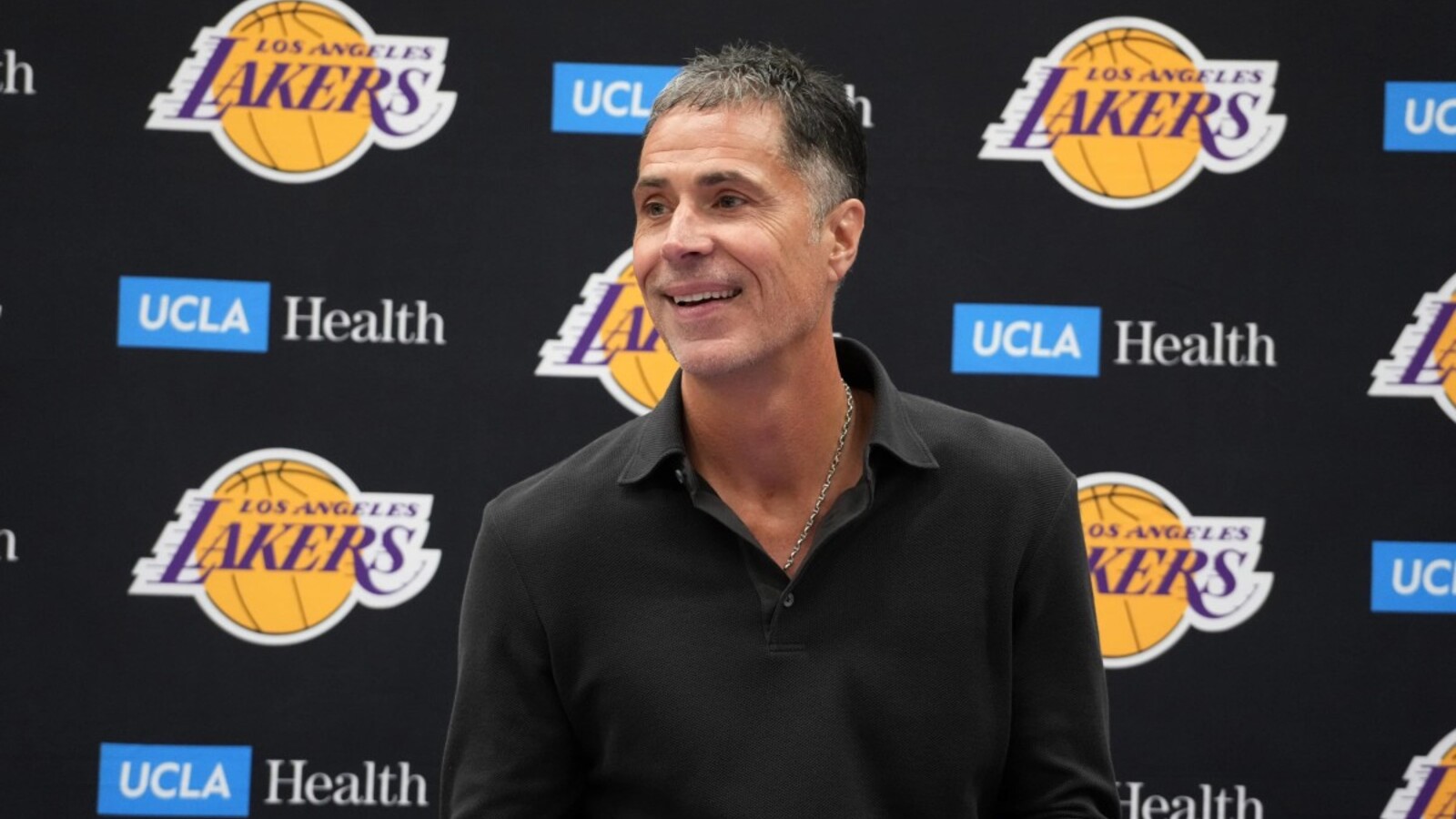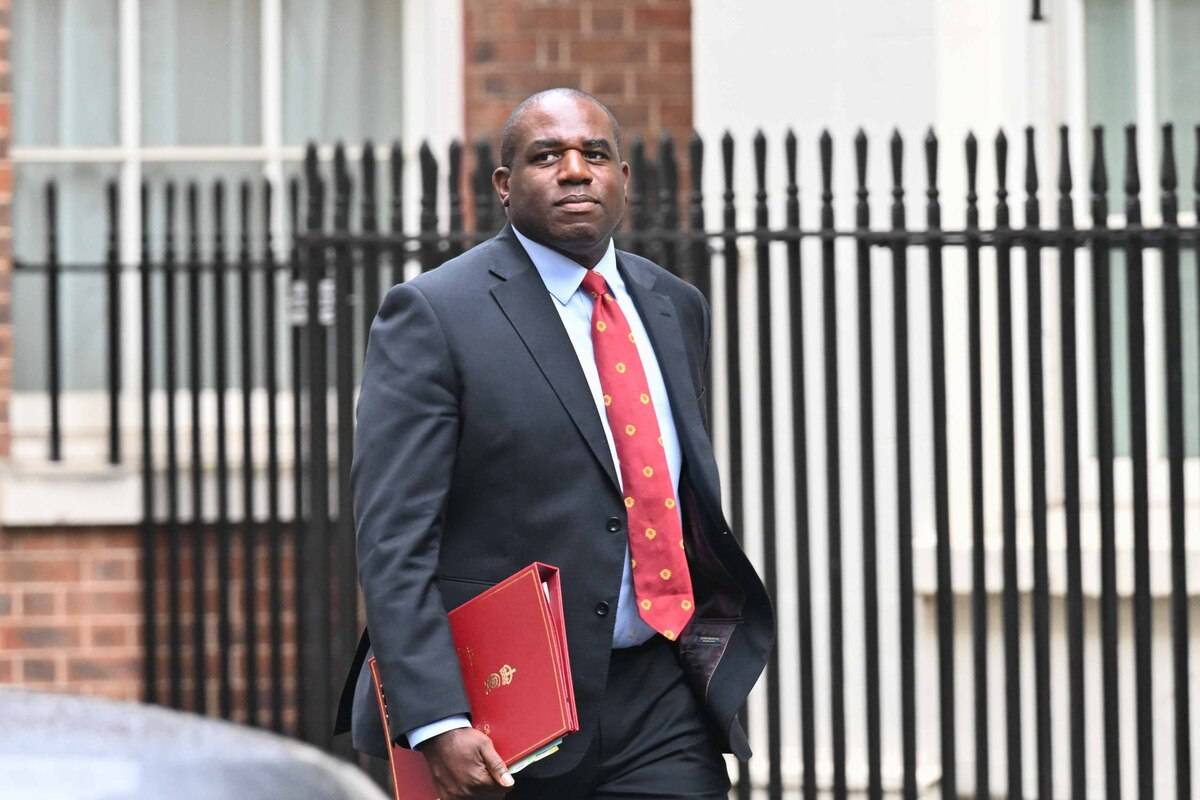Canadian energy executives urge Carney to streamline project approvals, ditch emissions policies
Open this photo in gallery: Sections of pipe are unloaded in Edson, Alta., on June 18, 2019.JASON FRANSON/The Canadian Press The heads of 38 Canadian energy companies have written to Prime Minister Mark Carney, laying out their asks for the sector days after the Liberal Party clinched a fourth term. The letter to Mr. Carney, sent Wednesday, builds on one penned by 14 energy chief executive officers to major party leaders ahead of the election campaign. In the March letter, the group asked for the leaders to declare an energy crisis and use emergency powers to reduce regulations in the sector, which it said would increase domestic production and boost Canadian sovereignty. The signatories to this week’s letter expand on those asks, particularly when it comes to simplifying regulation and committing to firm deadlines for project approvals. At the heart of their message is the belief that global prosperity will continue to rely on oil and natural gas for decades to come. Regardless of when and by how much demand drops, the energy leaders said, the sector will require continuing investment. Without it, “global supply could fall by more than half within 10 years – the question is, in what producing countries will investment occur, and the economic benefits realized?” they wrote. “With abundant resources, a strong commitment to environmental stewardship and responsible energy production, it should be Canada, and it should be now.” Current regulatory processes are “complex, unpredictable, subjective, and excessively long,” the group wrote, which impedes the industry from making timely investments, adds unnecessary costs and creates capital market uncertainty. Mr. Carney pledged during the election campaign to fast-track approval processes for major resource projects, saying regulatory reviews should take no more than two years instead of five. That two-year time frame is a positive step, the energy leaders wrote, but nowhere near quick enough. They urged Mr. Carney to instead target a six-month approval process and further clarify provincial versus federal jurisdiction when it comes to resource production and infrastructure. The jurisdiction question has been at the heart of various court cases brought by resource-rich provinces against the federal government over policies, including the Impact Assessment Act, clean electricity regulations and the carbon levy. Mr. Carney has said he has no intention of nixing the federal oil and gas emissions cap – something the signatories of the letter said must be eliminated so the fossil-fuel sector can reach its full potential. “We continue to believe the federal government’s cap on emissions creates uncertainty, is redundant, will limit growth and unnecessarily result in production cuts, and stifle infrastructure investments,” they wrote. “Together, we can drive investment into emissions reductions by simplifying the regulatory regime, establishing an attractive fiscal environment, and ensuring carbon policies protect our export industries.” They also called on Mr. Carney to repeal the federal levy on large emitters, saying it results in “uncompetitive costs” compared with other jurisdictions. “A solution is to revert back to the functioning system where provinces administer the policies and pricing to enable emissions-reduction investments, improve emissions performance, and maintain competitiveness,” they wrote. And while the group said it was pleased with Mr. Carney’s pledge to double the Indigenous Loan Guarantee Program to $10-billion, it said programs would only be effective if Canada fosters a competitive investment environment. Prior to entering politics, Mr. Carney was a vocal advocate for net-zero policies, warning that climate change would have dire consequences for the economy. During the campaign, he placed significant emphasis on resource development, saying that Canada needs to increase its production of conventional energy.


















